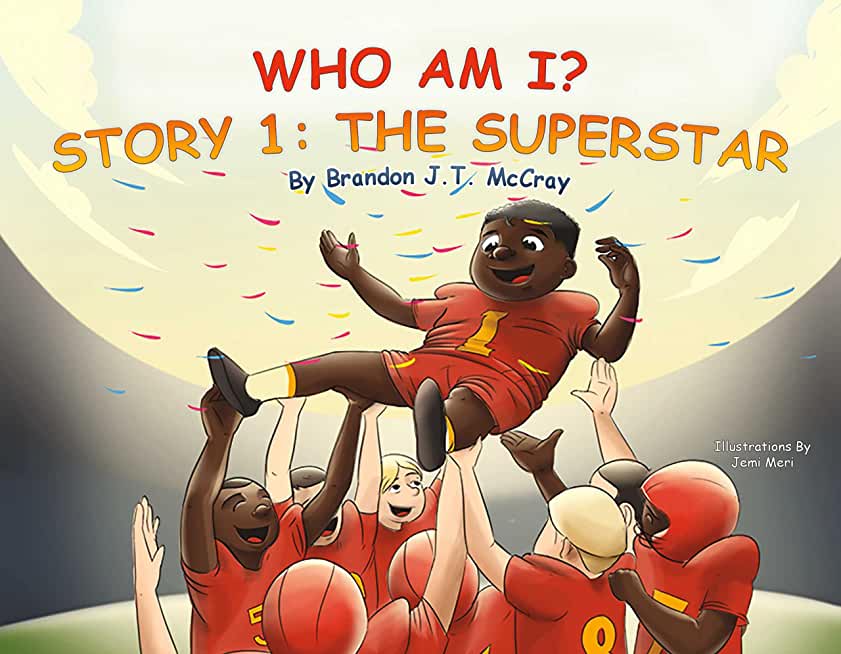
description
0AJ just led his football team to a big win! He is praised for his strength, speed, and athleticism. But when Coach Yelitza challenges AJ to look at all the aspects of who he is as a person, he realizes there is much more to him than just being an athlete! Who will AJ find out that he really is, if not a football star? This children's series teaches young readers about self-esteem and learning their true identities! It is common for children 6 - 8 to become more aware of social situations and what people think of them. This occurs as they discover who they are and how they fit into the world. They actively seek to develop meaningful relationships with peers, extended family members, coaches, and teachers. Children in this age group try to regulate their moods in public settings to accomplish this task. Still, they may also become sensitive to criticism, peer pressure, and praise. Humility is generally defined as the internal factor of a person that reflects a self-view that something more significant than his/herself exists. Although humility is often associated with humiliation or shame, it is better described as being humble in character and actions. Humble people are known to possess a self-regulatory capacity that guards against excessive behaviors and fosters good social behaviors, which mitigate common human vices that could later lead to dysfunction (e.g., arrogance, self-aggrandizement, and extreme pride). Rather than excessively focusing on their positive qualities, humble individuals acknowledge their limitations and strengths. They seek diverse feedback from others and appreciate contributions from others without feeling that their ego is compromised. An appreciation for humility is essential for developing persons because it underlies the choice and capacity to approach one's self, family, school, peers, and work from a larger, co-dependent perspective that is productive, relational, and sustainable.
member goods
No member items were found under this heading.
Return Policy
All sales are final
Shipping
No special shipping considerations available.
Shipping fees determined at checkout.







